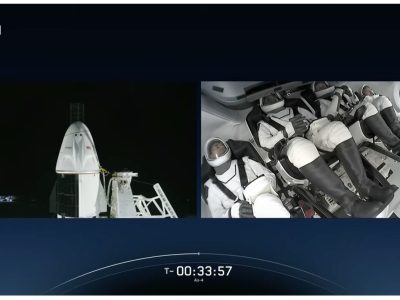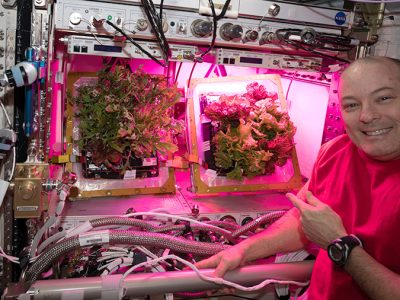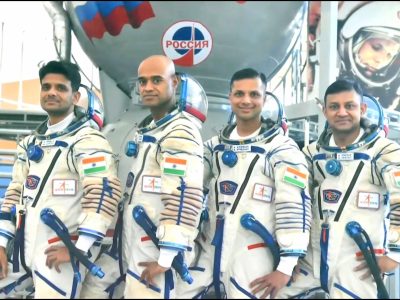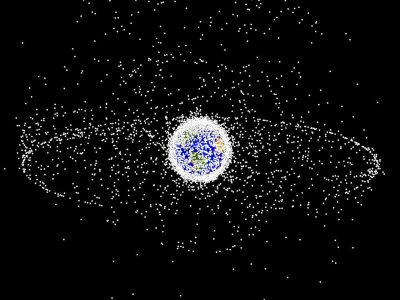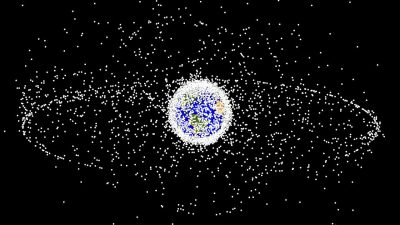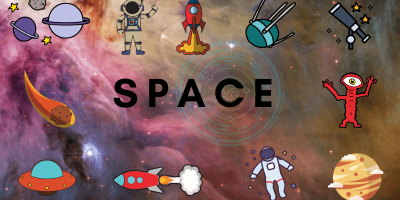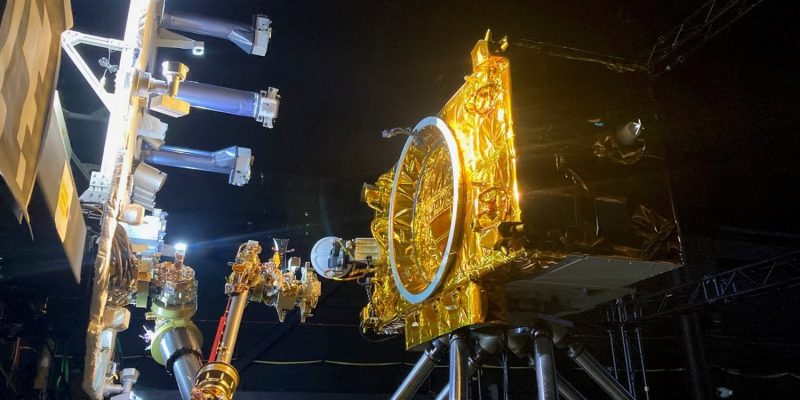
In a move that has sent shockwaves through the space industry, NASA has decided to terminate the OSAM-1 (On-orbit Servicing, Assembly, and Manufacturing 1) project, a highly anticipated initiative to demonstrate satellite refuelling technology. The $2 billion project, led by Maxar Technologies, had been in development for nearly a decade.
The decision comes after NASA’s auditor’s criticism regarding Maxar’s project performance, citing “poor performance.” This raises concerns about the future of satellite servicing and the potential economic impact on Maxar, with around 450 personnel currently supporting the project.
However, NASA has assured continued support for the workforce “per plan through fiscal year 2024” while exploring “potential new partnerships or alternative hardware uses” as the project is shut down. Maxar, while disappointed with the decision, remains committed to “supporting NASA” in these endeavours.
What is satellite life extension?
Satellites are crucial in our lives, from providing communication services and navigation data to enabling scientific research. However, their operational life is limited due to factors like fuel depletion, component failure, or degradation caused by the harsh space environment. This is where satellite life extension comes in.
It refers to a range of techniques and technologies to prolong the functionality and usefulness of existing satellites beyond their original design lifespan. This can be achieved through several methods, including:
- On-orbit refuelling: Replenishing a satellite’s fuel allows it to maintain its orbit and continue functioning. This is particularly important for satellites in critical orbits, as repositioning them can be costly and time-consuming.
- In-space repair and maintenance: Sending robotic servicing vehicles to diagnose and fix malfunctions, replace faulty components, or even upgrade outdated systems can significantly extend a satellite’s operational life.
- Orbit adjustments: Maneuvering satellites to avoid collisions with debris or repositioning them for optimal performance can also contribute to their longevity.
This cancellation is a significant setback for efforts to extend the lifespan of existing satellites, a critical capability as space becomes increasingly congested and competition for resources intensifies. It remains to be seen how NASA will proceed with its satellite servicing goals and the impact this decision will have on the future of the technology.
